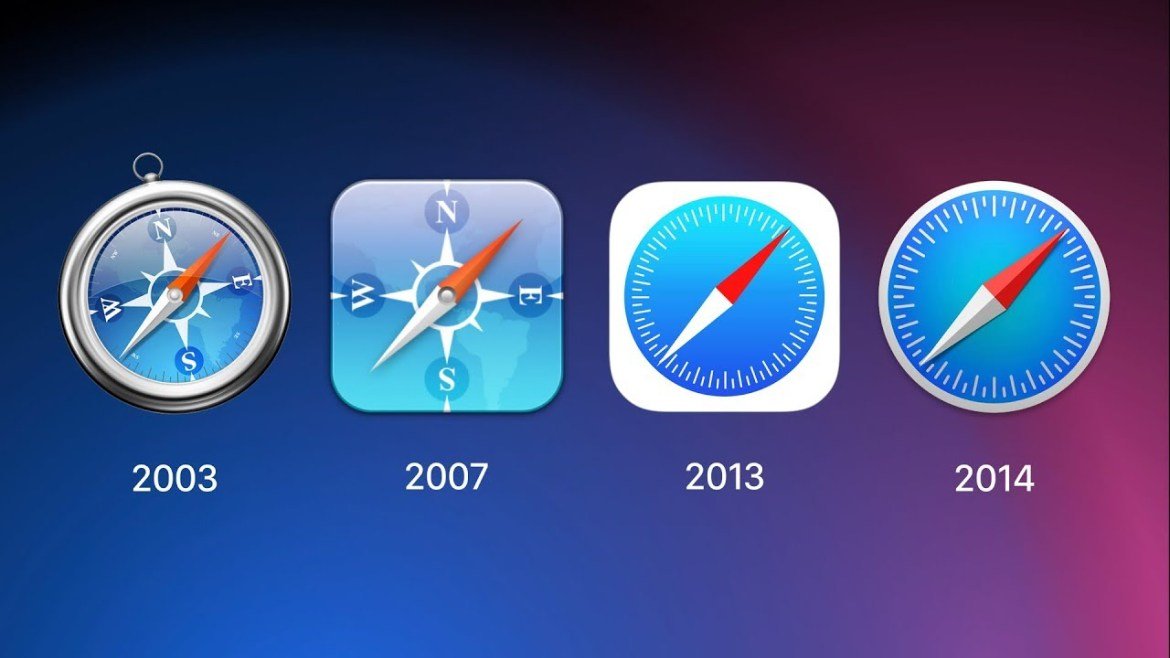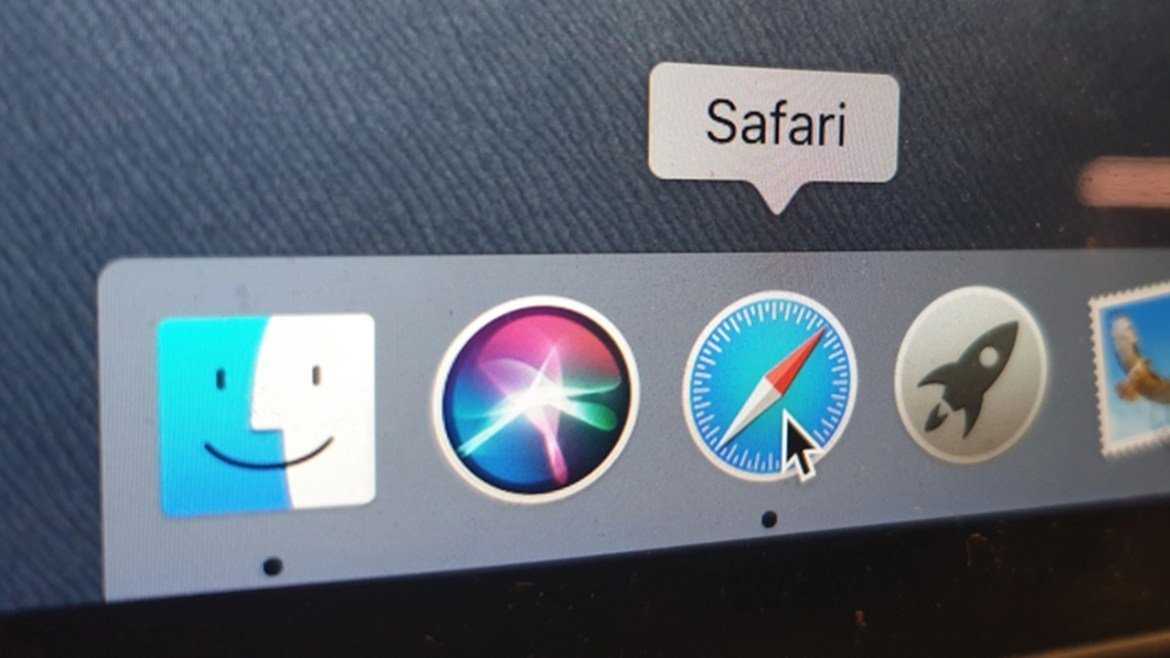According to a report, Apple is working on an issue with the way it implements the IndexedDB API in Safari 15. Due to this error, websites can monitor your internet activity in the browser. Therefore, they can access a lot of data from your browsing history to your Google ID.
Apple is trying to fix bug: Update is on its way!
According to the claim made by the relevant sources, Apple started the analysis process by detecting the error and its causes. But until macOS Monterey rolls out Safari updates in iOS 15 and iPadOS 15, users’ data will remain at risk.

We know IndexedDB as a browser API used by major web browsers as client-side storage and holding data such as databases. Generally, using the same source policy limits which websites can access the data. It also typically ensures that one site only has access to data it creates, not others.
But it turns out that the current version of Safari 15, available on macOS, iOS, and iPadOS, violates IndexedDB’s same-origin policy. Researchers claim that when a website interacts with the database, a new empty database is created using the same name in all other active frames, tabs, and windows within the same browser session.

Due to the way the issue is posed, there is little that Safari users can do about it. For example, you can block JavaScript by default. Then you can activate this app only on trusted sites. But this will negatively affect your browser experience.
The simplest and most effective method would be to use a different browser on your Apple device for a while. Or at least, you can be sure that the transactions you make on Safari and the sites you visit do not contain personal data belonging to you or your relatives. However, there is no other option but to wait for the new update.
Currently, this problem is said to be observed on various iPhone, iPad, MacBook, Mac Pro and iMac models. In other words, the problem seems to occur on the Safari browser, rather than a bug in operating systems such as iOS or iPadOS.
What do you think about this subject? Have you experienced a similar problem before? Don’t forget to share your views with us in the comments!